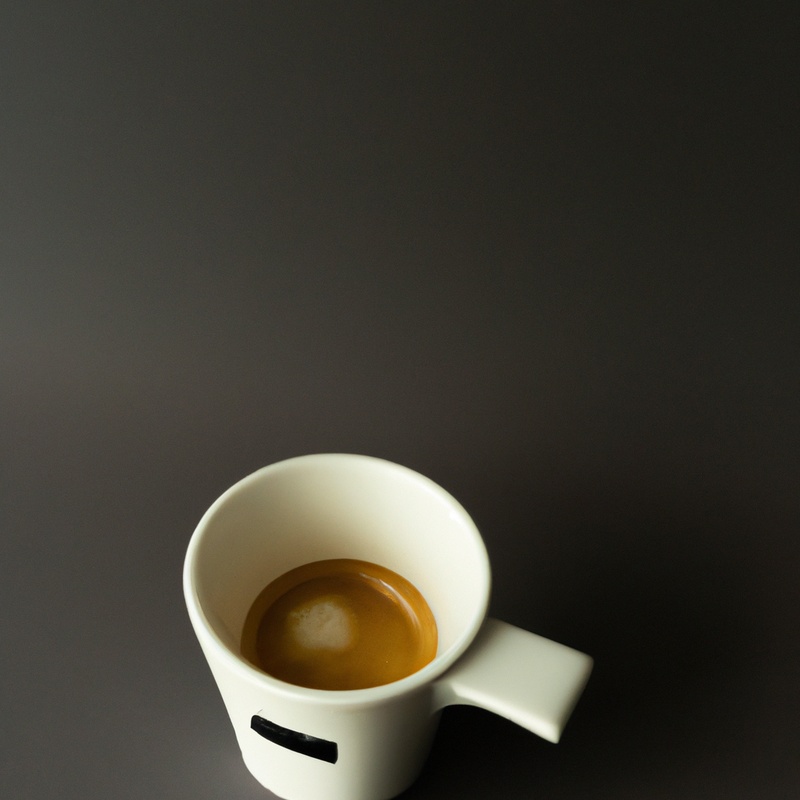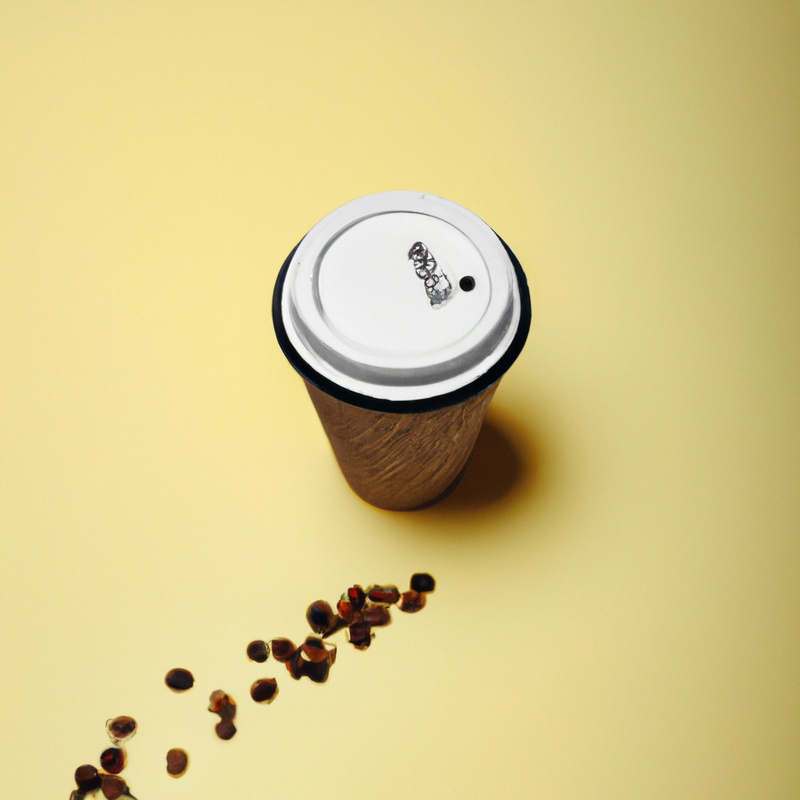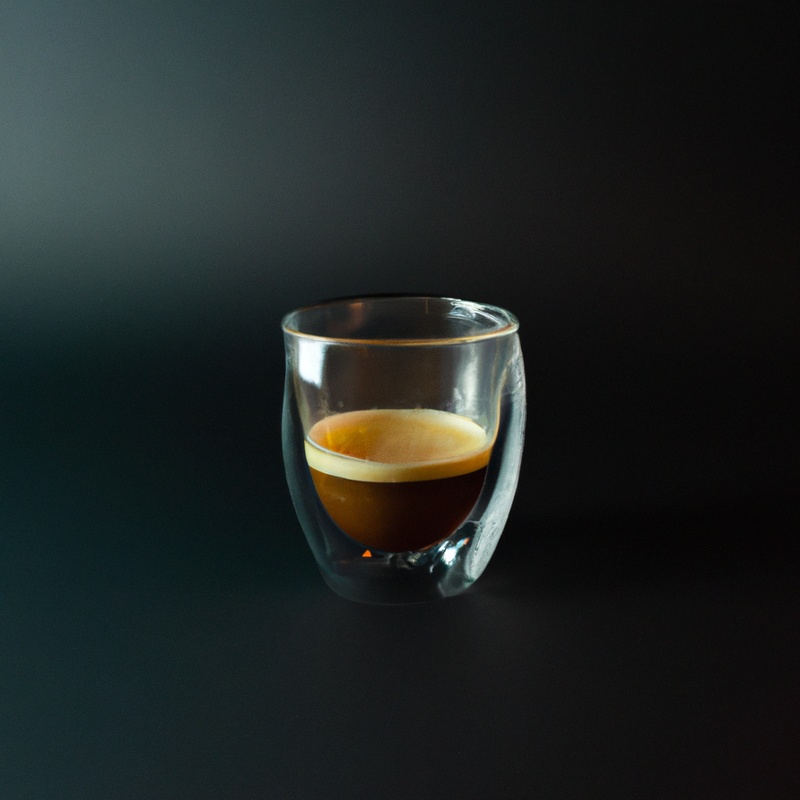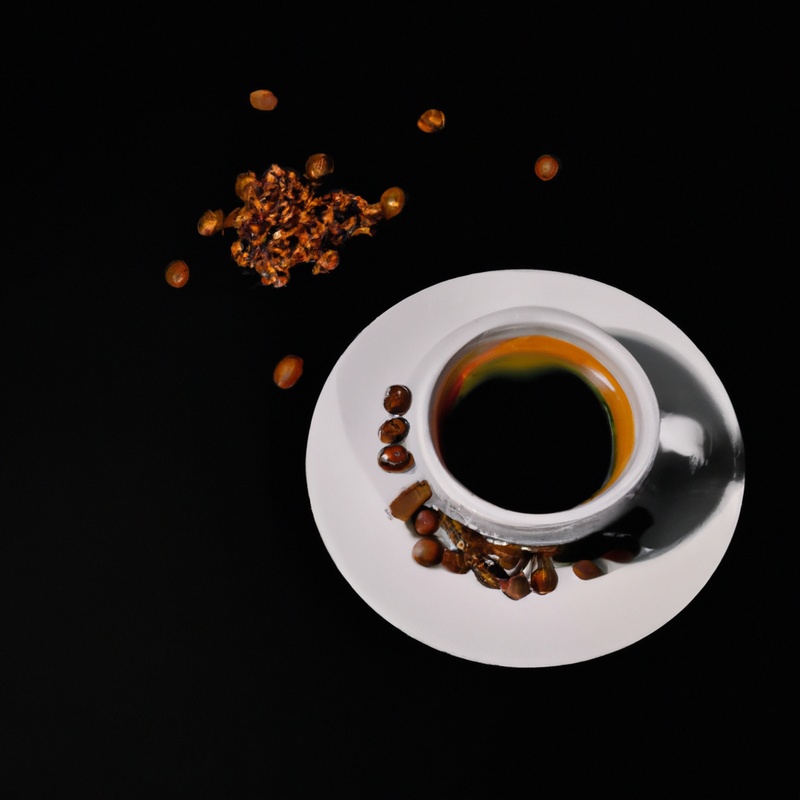Key Takeaways:
- Cold brew coffee lasts up to 2 weeks when stored properly in the refrigerator.
- The quality and flavor of cold brew coffee diminishes after the first week.
- It is important to seal the cold brew coffee tightly to prevent oxidation and maintain freshness.
- Storing cold brew coffee in a glass container is ideal for preserving its taste and aroma.
Are you a coffee lover who wants to savor every drop of your favorite cold brew? Well, you’re in the right place! In this article, we’ll address the burning question of how long cold brew coffee can actually last.
We’ll dive into the basics of making a delicious batch, the science behind its storage, and even discuss signs of spoilage to help you gauge its freshness.
So, whether you’re a seasoned cold brew connoisseur or just dipping your toes into this trendy drink, get ready to discover the secrets of keeping your cold brew fresh and tasty for as long as possible.
| Storage Method | Refrigerated | Room Temperature |
|---|---|---|
| Sealed Container | 7-10 days | Up to 2-3 days |
| Open Container | 3-5 days | 1-2 days |
How to Make Cold Brew Coffee
To make cold brew coffee, start with the basics of choosing the right coffee beans, grinding them, determining the brew ratio and water temperature, steeping for the right amount of time, and using an effective filtration process.
Cold Brew Coffee Basics
Cold brew coffee is a simple and refreshing way to enjoy your favorite caffeinated beverage.
To make it, you’ll need a coarse grind of coffee and cold water.
Combine the coffee and water in a container, and let it steep in the refrigerator for 12-24 hours.
Once it’s done steeping, strain the coffee grounds out and you’re left with a smooth and flavorful cold brew.
Serve it over ice or with your preferred creamer for a delicious and refreshing drink.
Just remember to store it in the refrigerator and consume within 1-2 weeks for the best taste.

Choosing Your Coffee Beans
When choosing coffee beans for cold brew, make sure to choose a medium to coarse grind for optimal flavor extraction.
Look for beans with a medium to dark roast profile, as they tend to impart richer flavors.
Single-origin beans can offer unique flavor characteristics, while blends provide a balanced taste.
Experiment with different coffee origins to find your preferred flavor profile.
Store your coffee beans in an airtight container away from light and heat to maintain freshness.
Enjoy the process of exploring different coffee beans and finding your perfect brew.

Grinding the Coffee Beans
Grinding the coffee beans is an important step in making cold brew coffee. To achieve the best flavor, you’ll want to grind your beans to a coarse consistency.
This allows for a slower extraction process and prevents over-extraction.
A burr grinder is recommended for a more consistent grind size. Aim for a grind similar to that of coarse sea salt.
By achieving the right grind size, you’ll ensure a delicious and smooth cold brew coffee experience.
Brew Ratio and Water Temperature
For the best cold brew coffee, brew ratio and water temperature are key factors. The brew ratio refers to the amount of coffee grounds you use compared to the amount of water.
I recommend starting with a 1:4 ratio, where for every cup of coffee grounds, you use 4 cups of water.
Adjust the ratio based on your preference for a stronger or milder brew. As for water temperature, cold brew requires cold or room temperature water.
Avoid using hot water as it can result in a bitter and acidic taste.
Steeping Time and Filtration Process
Steeping Time: The steeping time for cold brew coffee is usually between 12-24 hours. This extended brewing process allows the coffee grounds to slowly release their flavors, resulting in a smooth and less acidic brew.
You can experiment with different steeping times to find your preferred strength and taste.
Filtration Process: Once your coffee has steeped for the desired time, you need to filter out the coffee grounds. You can use a fine mesh sieve, a cheesecloth, or even a specialized cold brew coffee filter.
The filtration process helps remove any sediment or grit, resulting in a clean and clear cup of cold brew coffee.
Remember, the steeping time and filtration process can vary depending on personal preference and the recipe you are following. Feel free to adjust and experiment to find the perfect balance of flavors and strength that suits your taste.
Storing Cold Brew Coffee
To store cold brew coffee, use airtight containers and refrigerate it for optimal freshness.
The Shelf Life of Cold Brew Coffee
Cold brew coffee can typically last up to two weeks in the refrigerator. It’s important to keep it stored in an airtight container to maintain its freshness.
I recommend enjoying it within the first week for the best flavor.
If you see any signs of mold or an off-putting smell, it’s time to dispose of it. Remember to always use clean utensils when handling your cold brew to prevent contamination and extend its shelf life.
Proper Storage Containers
Proper storage containers are key when it comes to keeping your cold brew coffee fresh for as long as possible. Look for airtight containers that are made of glass or stainless steel, as these materials help to maintain the flavor and quality of the coffee.
Avoid using plastic containers, as they can absorb odors and impact the taste.
Make sure the container is clean and dry before transferring the cold brew. Store in the refrigerator to extend its shelf life.

Refrigeration vs. Room Temperature Storage
When it comes to storing cold brew coffee, you have two options: refrigeration or room temperature storage.
Refrigeration helps to keep the coffee fresh for a longer period of time, usually up to 1 week.
It slows down the oxidation process and prevents the growth of bacteria.
On the other hand, room temperature storage is suitable for short-term use, usually within 24 hours.
However, note that room temperature storage may result in quicker deterioration and a change in taste.
Ultimately, the choice depends on your preferences and how long you intend to store the cold brew.
Avoiding Contamination and Flavor Changes
To avoid contamination and flavor changes in your cold brew coffee, there are a few simple steps you can take. Firstly, always make sure to thoroughly clean all utensils and containers used in the brewing process.
Secondly, store your cold brew coffee in airtight containers to prevent exposure to air, which can lead to flavor deterioration.
Thirdly, keep your cold brew coffee refrigerated at all times, as warmer temperatures can encourage bacterial growth. Finally, avoid adding any additional ingredients or flavors to your cold brew coffee unless you plan to consume it immediately, as this can lead to flavor changes over time.
Following these tips will help you maintain the freshness and quality of your cold brew coffee for a longer period.
Signs of Spoiled Cold Brew Coffee
Signs of Spoiled Cold Brew Coffee include changes in color and clarity, off odors and taste, or the presence of mold or floating particles.
Color and Clarity Changes
Color and clarity changes are common signs that your cold brew coffee has gone bad.
If the color of your cold brew coffee becomes darker or cloudy, it’s an indication that it’s spoiled.
The presence of mold or a foul odor is also a strong indicator that your coffee has spoiled.
When you notice these changes, it’s best to discard the cold brew to avoid any potential health risks.
Always remember to store your cold brew coffee properly in the refrigerator to extend its freshness.
Off Odors and Taste
Off odors and taste are strong indications that your cold brew coffee has spoiled. If your cold brew emits a sour or rancid smell, it’s likely gone bad.
The same applies to the taste – if it tastes funky or off, it’s best to avoid drinking it.
Always trust your senses when determining the freshness of your cold brew. If something seems off, it’s better to be safe than sorry and discard it.
Mold or Floating Particles
Mold or floating particles in cold brew coffee are signs of spoilage.
Mold can appear as fuzzy growth on the surface or sides of the container.
If you see any, it’s best to discard the coffee immediately.
Floating particles can be caused by coffee grounds or residue that didn’t fully dissolve during the brewing process.
While not necessarily harmful, they can affect the taste and texture of your coffee.
To avoid these issues, store your cold brew properly in a sealed container in the refrigerator and consume it within a few days.
Frequently Asked Questions
Can I Store Cold Brew Coffee at Room Temperature?
Absolutely! You can store cold brew coffee at room temperature.
Unlike regular brewed coffee, cold brew is specifically made to be stored in the fridge or at room temperature for several days.
It’s best to start drinking it within a week, but it can last up to two weeks if stored properly.
Just make sure to keep it in a sealed container to maintain its freshness.
Enjoy your cold brew whenever you want!
How Can I Extend the Shelf Life of Cold Brew Coffee?
To extend the shelf life of cold brew coffee, there are a few things you can do.
First, make sure you store it in an airtight container in the refrigerator.
This will help prevent bacteria growth and keep it fresh.
Second, avoid adding any dairy or sweeteners until you’re ready to drink it.
These ingredients can shorten its lifespan.
Lastly, try to consume your cold brew within 2 weeks for the best flavor and quality.
Happy brewing!
Can I Freeze Cold Brew Coffee?
Yes, you can freeze cold brew coffee! Freezing cold brew coffee is a great way to extend its shelf life and have coffee readily available whenever you need it.
To do this, simply pour the cold brew coffee into an airtight container or ice cube trays and place it in the freezer.
When you’re ready to enjoy your coffee, thaw it in the fridge overnight or simply add the frozen cubes to your cup.
Just keep in mind that freezing may slightly alter the taste, so it’s best to consume the frozen cold brew within a few weeks for optimal flavor.
Can I Drink Expired Cold Brew Coffee?
Yes, you can drink expired cold brew coffee, but it may not taste as fresh or flavorful as when it was first made. The main concern with expired coffee is the deterioration of quality over time.
However, if the coffee has been stored properly in the refrigerator and does not have any signs of spoilage, it is generally safe to consume.
Just be aware that the taste may be a bit off. It’s always best to use your judgment and trust your senses when deciding whether or not to drink expired coffee.
Final Verdict
Cold brew coffee can last up to two weeks when stored properly.
It’s important to choose high-quality beans, grind them appropriately, and follow the right brew ratio and water temperature.
When it comes to storing cold brew, opt for airtight containers and refrigerate it for optimal freshness.
Avoid contamination by using clean equipment and avoiding exposure to sunlight.
Signs of spoiled cold brew include changes in color, off odors or taste, and the presence of mold or floating particles.
To extend the shelf life, consider using a coffee preserver or freezing small portions.
Remember, expired cold brew coffee should be discarded to ensure a safe and enjoyable experience.
Enjoy your cold brew and savor the smooth, rich flavors!
